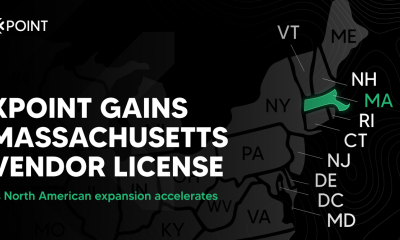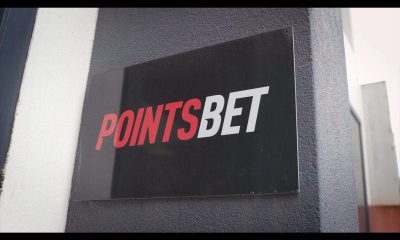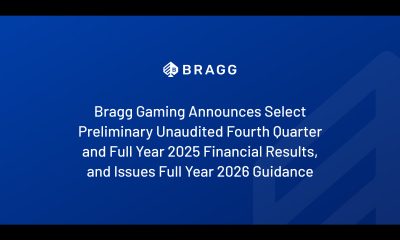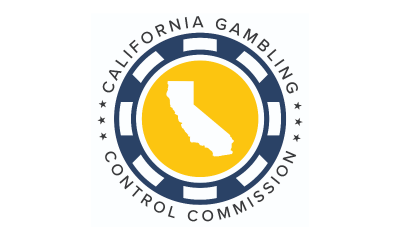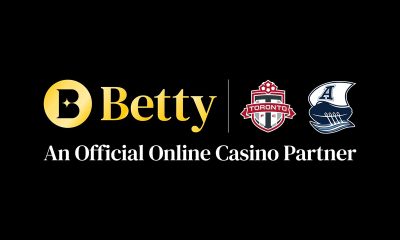Compliance Updates
MGCB Announces Successful Destruction of Illegal Gaming Machines
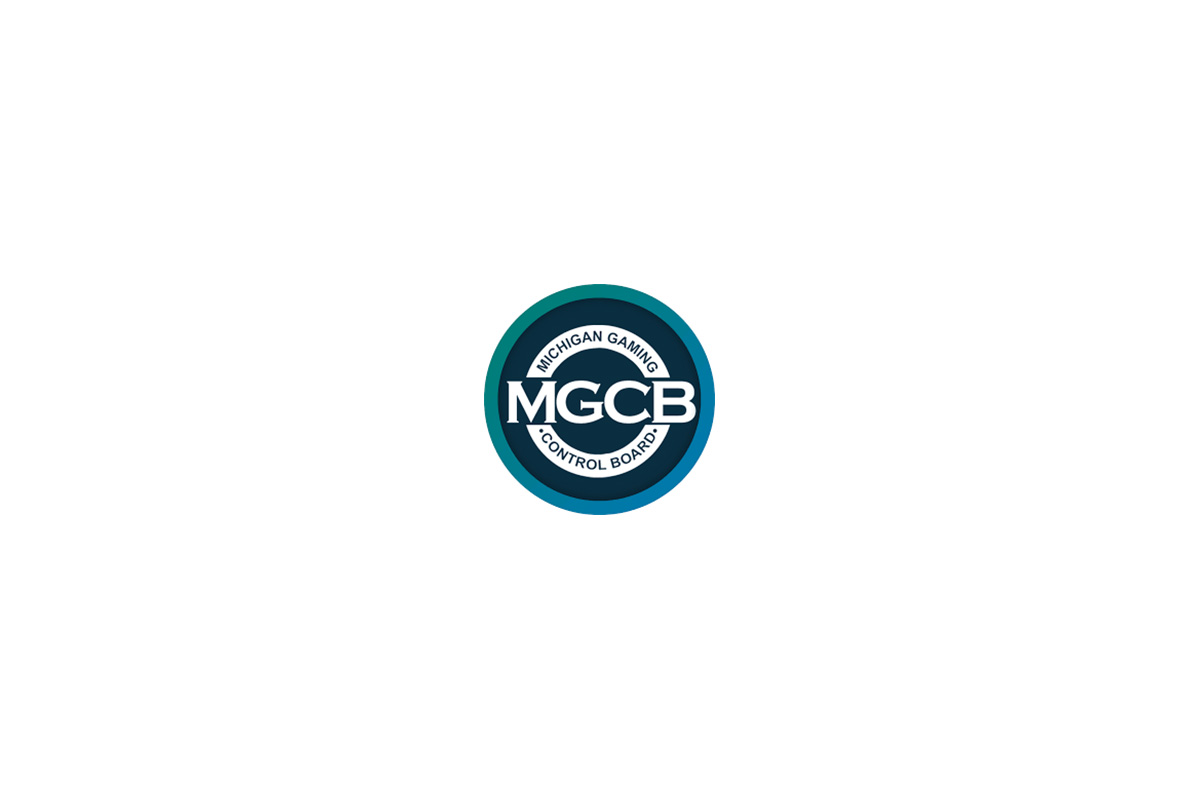
Michigan Gaming Control Board Executive Director Henry Williams has announced that numerous unlicensed illegal gaming machines were recently destroyed at the City Recycling Inc. junkyard located at 1943 Mack Avenue in Detroit.
The machines had been seized by the Attorney General during various MGCB investigations into alleged illegal gambling activity. To ensure that the machines cannot be reused or sold, they were crushed using heavy machinery to prevent any salvageable parts from being used elsewhere.
“Illegal gaming continues to pose a threat to Michigan citizens and their communities, as it often leads to an increase in organized criminal activity, financial exploitation, and other related social issues. Unregulated gaming machines also result in a loss of state revenue. Operators running illegal gaming establishments are not reporting earnings or paying taxes — they are essentially robbing Michigan citizens of taxes and revenue used to support our schools through the School Aid Fund and our communities and local governments with essential state funding dollars,” Williams said.
Illegal gaming refers to any form of gambling or betting activity — which involves the elements of consideration, prize, and chance — that is conducted outside the boundaries of the law. It is a widespread problem across the US and not unique to Michigan. According to the American Gaming Association’s report, Sizing the Illegal and Unregulated Gaming Markets in the US, unregulated gaming machines, including so-called “skill machines,” continue to proliferate, with an estimated 580,651 unregulated machines in the US. With 870,000 regulated machines in casinos across the country, that means 40% of all gaming machines are unlicensed.
“The machines destroyed by the MGCB are the tools of criminals, cheating their neighbors of their hard-earned money as well as the state out of gaming revenues that support our schools. Illegal gaming operations are a danger to their communities, typically becoming local hotspots for other crimes and violence. We will continue to coordinate with the Michigan Gaming Control Board to ensure our state’s gambling laws are strictly enforced,” Michigan Attorney General Dana Nessel said.
“The destruction of these machines sends a clear message that the Michigan Gaming Control Board is not playing games when it comes to upholding the highest standards of gaming regulation and enforcement. The MGCB will continue to ensure that unauthorized machines are not left to chance to be repurposed and used again by those who choose to break the law,” Williams added.
Michigan law prohibits accepting money or anything of value with the understanding that money, or something of value, will be paid to any person contingent upon the outcome of an uncertain event. Unlicensed casinos, unauthorized online gambling platforms, underground sports-betting operations, or any other form of wagering that is not regulated by the MGCB are all considered forms of illegal gaming.
As part of its work to halt illegal gaming, the MGCB and the Liquor Control Commission began a joint effort in 2022 to educate the public and business owners about illegal use of gambling machines. As a result of MGCB investigations from January 2015 through July 2023, a total of 1195 illegal machines and $470,401.98 have been seized. Additionally, since November 2022, 48 locations have received cease-and-desist letters involving 105 illegal machines.
Compliance Updates
Romanian Mayors Push to Ban Gambling Halls
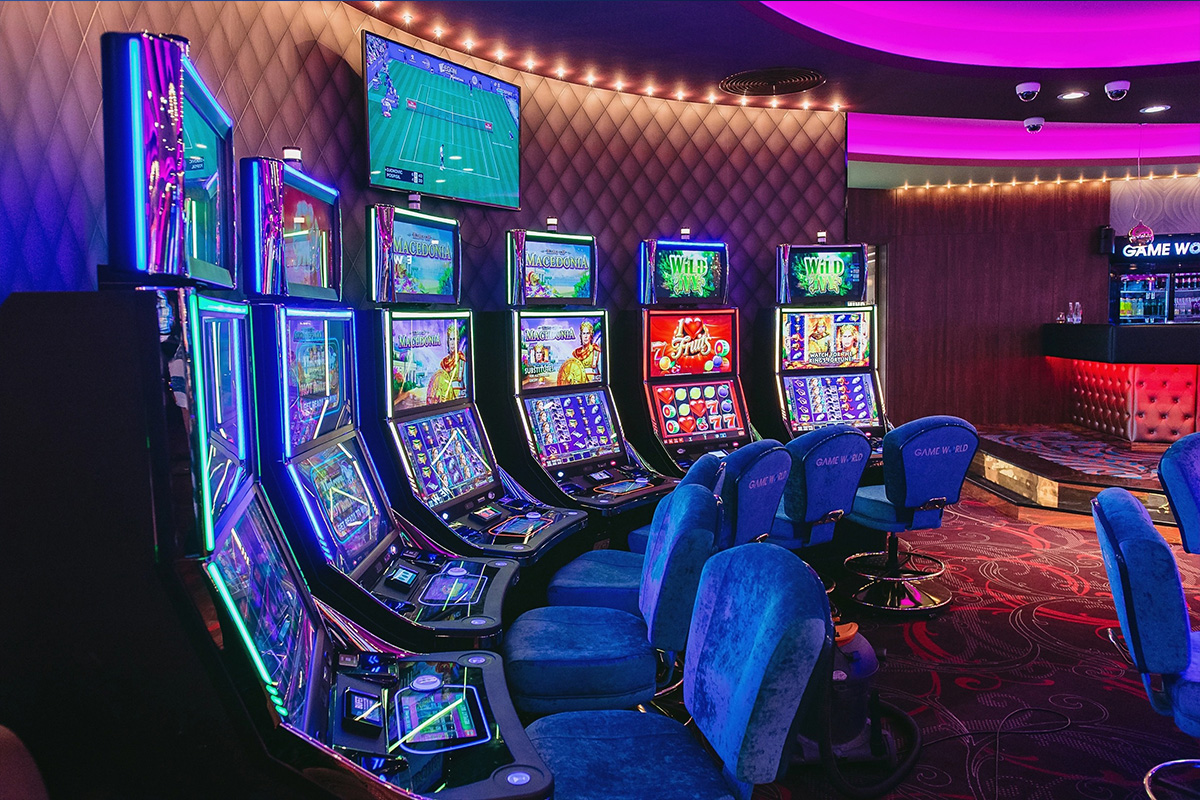
A wave of Romanian mayors has followed the example set by Slatina’s mayor, who recently announced plans to eliminate gambling halls from his city under newly amended legislation. While the political signal is growing louder, the decisive vote belongs to local councils – and gambling operators are unlikely to retreat without resistance.
On February 26, the mayor of Vaslui, Lucian Braniște (PSD), said he would submit a draft decision to the Local Council seeking a ban on gambling halls within the city. He argued that gambling has become a serious social issue across many Romanian communities.
“In recent years, gambling has become a real problem in many communities in Romania. Beyond advertisements and colorful lights, behind these halls, there are too often stories of affected families, debts, addiction, and suffering,” the mayor said.
In Ploiești, mayor Mihai Polițeanu also voiced support for eliminating gambling venues and announced that he would table a similar proposal before the City Council, Economedia.ro reported. He described parts of the city centre as having turned into a “strange, underworld-like” area, suggesting that the proliferation of betting shops has contributed to urban degradation.
The mayors of Brăila and Rădăuți have likewise declared their intention to pursue restrictions on gambling activities.
The initiatives follow a recent amendment to gambling legislation adopted by the government, which now requires operators to obtain not only a national licence but also a local authorisation from the mayor’s office in the municipality, town, or commune where they operate. The new provision also empowers local councils to decide whether such activities may take place within their administrative boundaries.
While the political momentum appears to be building, the outcome will ultimately depend on council votes in each locality. Given the economic stakes and the industry’s established presence, legal and political battles are expected before any city can formally declare itself gambling-free.
The post Romanian Mayors Push to Ban Gambling Halls appeared first on Eastern European Gaming | Global iGaming & Tech Intelligence Hub.
Compliance Updates
Crypto.com Receives Limited Financial Institutions Licence in Europe
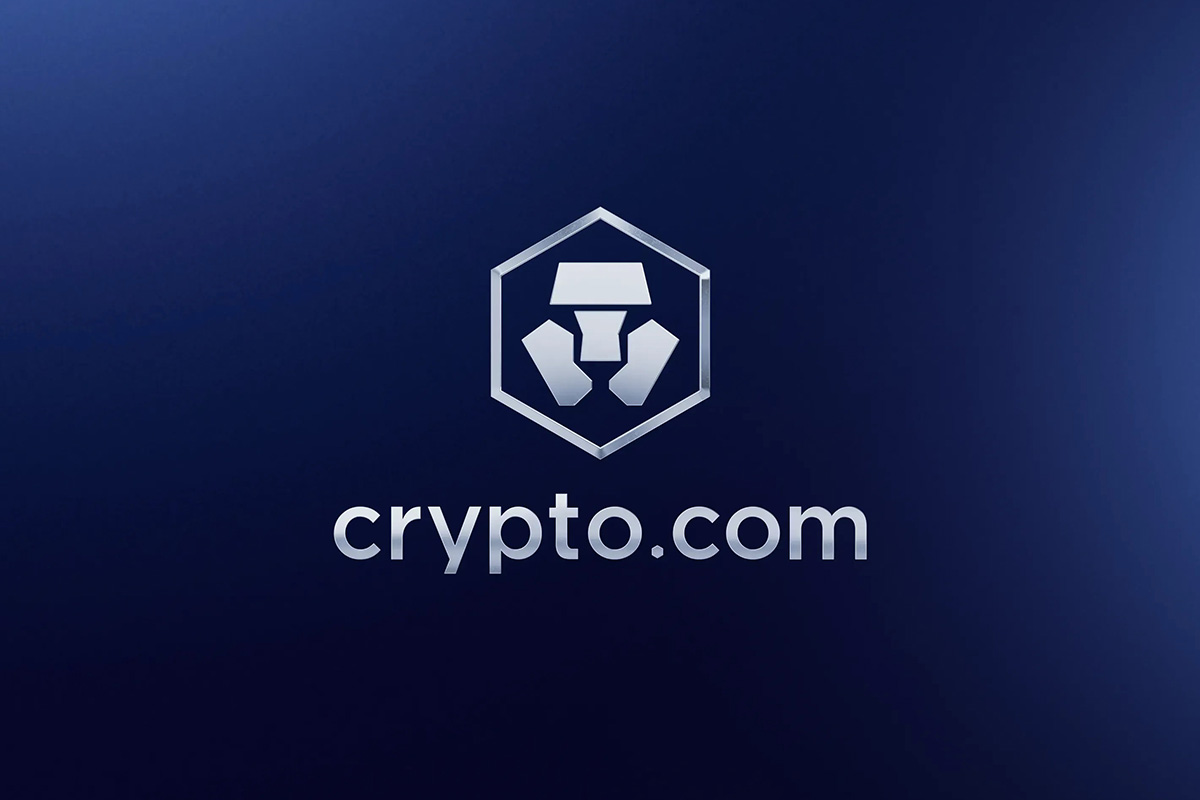
Crypto.com has announced another regulatory milestone: its EU MiCA regulated entity has received a Limited Financial Institutions licence from the Malta Financial Services Authority (MFSA). The approval allows the company to continue delivering its full suite of stablecoin services – qualifying as payment services – across the European Union, without disruption.
This additional licence is for the provision of services exclusively in relation to electronic money tokens (EMTs). The licence was acquired to navigate a complex regulatory landscape resulting in overlapping crypto asset services (MiCA) and payment services (PSD2). By securing the Limited Financial Institution Licence, Crypto.com has addressed both regulatory regimes ensuring full compliance across every aspect of its stablecoin operations.
Crypto.com’s Malta entity received MiCA approval in January 2025, allowing the company to passport services across the European Economic Area (EEA). Notably, Crypto.com already holds a full Electronic Money Institution (EMI) licence in Europe, making it one of the most comprehensively authorised platforms operating in the region.
“We are one of the most regulated crypto platforms in the world and receiving this licence proves, yet again, that we are committed to working with authorities to ensure the strongest compliance standards. Our stablecoin business and services remain a pivotal part of our European product offering so it was vital we secured this limited licence to continue providing seamless access to our institutional and retail customers,” said Eric Anziani, President and Chief Operating Officer at Crypto.com.
The limited Financial Institutions licence adds to Crypto.com’s expanding list of licences and registrations globally including, but not limited to, a UK Electronic Money Institution licence (FCA), a Major Payment Institution licence in Singapore (MAS), a Virtual Assets Service Provider licence in Dubai (VARA), U.S. Money Transmitter Licences, U.S. Designated Contracts Market (DCM) & Derivatives Clearing Organization (DCO) licences and recently conditional approval from the U.S. OCC for a National Trust Bank Charter.
The post Crypto.com Receives Limited Financial Institutions Licence in Europe appeared first on Eastern European Gaming | Global iGaming & Tech Intelligence Hub.
CertiIQ
CertiIQ Launched by Deion Williams and Julian Borg-Barthet to Streamline iGaming Compliance
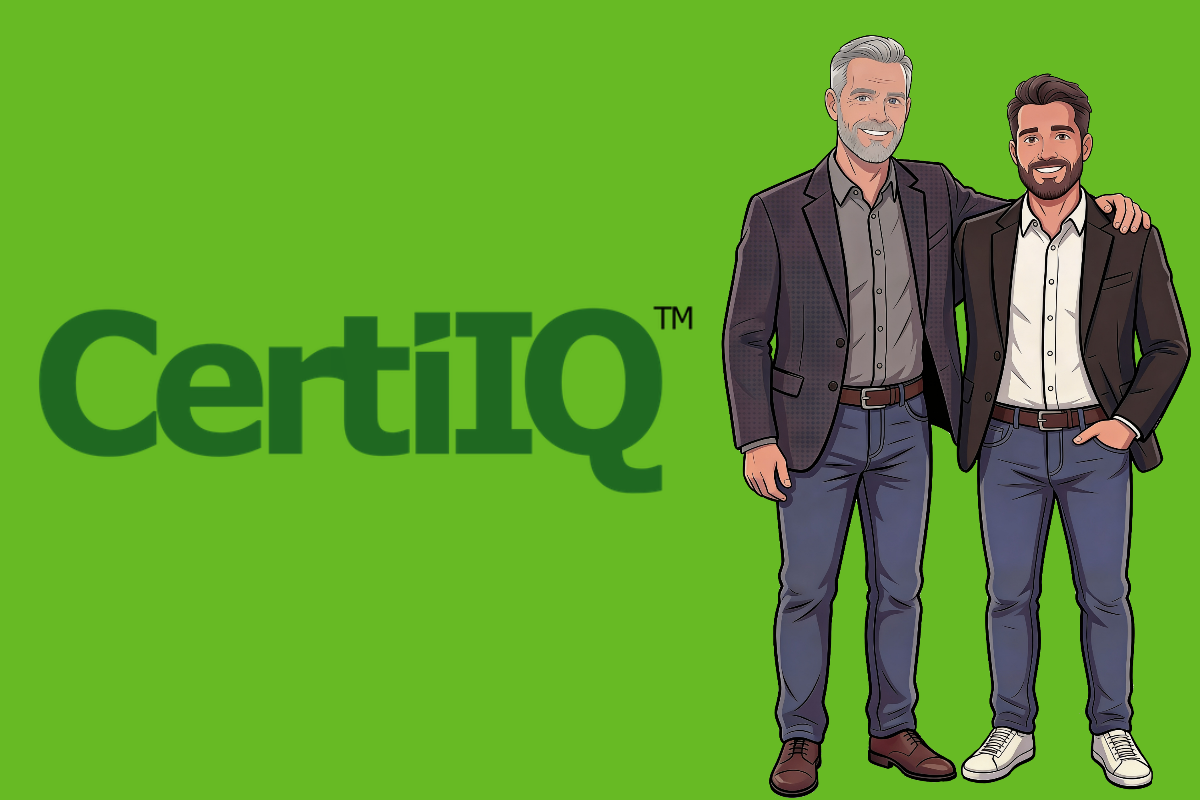
CertiIQ , a RegTech platform created to offer a unified source of truth for certification, audit, and regulatory compliance, has announced its entry into the iGaming sector today.
, a RegTech platform created to offer a unified source of truth for certification, audit, and regulatory compliance, has announced its entry into the iGaming sector today.
CertiIQ consolidates test reports, monitors certification and audit expiration dates, and facilitates secure collaboration among stakeholders. It also provides live RTP monitoring, asset integrity verification through API, workflows for change management, and comparative regulatory gap analysis for businesses entering new markets.
consolidates test reports, monitors certification and audit expiration dates, and facilitates secure collaboration among stakeholders. It also provides live RTP monitoring, asset integrity verification through API, workflows for change management, and comparative regulatory gap analysis for businesses entering new markets.
It has also been designed to guarantee that reports are automatically incorporated into client workspaces, eliminating manual transfers and minimizing operational friction, and has been created to facilitate workflows with prominent labs such as GLI, BMM, RiskCherry, Gaming Associates, and eCOGRA.
Leading this innovative platform are seasoned professionals Deion Williams and Julian Borg-Barthet, who collectively bring over 30 years of combined expertise from prominent testing laboratories, operators, and suppliers.
“Building something that we wish we had when we first got started, is a proud moment for us” said Julian Borg-Barthet, Co-Founder of CertiIQ . “The enthusiastic feedback we’ve received so far has been a testament that we’ve been on the right track.”
. “The enthusiastic feedback we’ve received so far has been a testament that we’ve been on the right track.”
Launching in early access this March, CertiIQ is welcoming its initial customers while progressing toward a live release and is eager to partner with early adopters as regulatory challenges increase across all regulated iGaming markets worldwide.
is welcoming its initial customers while progressing toward a live release and is eager to partner with early adopters as regulatory challenges increase across all regulated iGaming markets worldwide.
The post CertiIQ Launched by Deion Williams and Julian Borg-Barthet to Streamline iGaming Compliance appeared first on Eastern European Gaming | Global iGaming & Tech Intelligence Hub.
-

 Adjusted EBITDA7 days ago
Adjusted EBITDA7 days agoBragg Gaming Announces Select Preliminary Unaudited Fourth Quarter and Full Year 2025 Financial Results, and Issues Full Year 2026 Guidance
-

 Bagley-Keene Act7 days ago
Bagley-Keene Act7 days agoCalifornia Gambling Control Commission Issues Critical Guidance on Stakeholder Communications and Ex Parte Rules
-

 iGaming6 days ago
iGaming6 days agoPRAGMATIC PLAY UNEARTHS PROGRESSIVE MULTIPLIERS IN ROLLING IN TREASURES
-

 Comatel5 days ago
Comatel5 days agoCOMATEL CELEBRARÁ UNA FIESTA PARA CIENTOS DE OPERADORES TRAS FINALIZAR EL PRIMER DÍA DE LA FERIA ESPAÑOLA, INTERAZAR
-

 Betty Casino7 days ago
Betty Casino7 days agoBetty Casino Announces Partnerships with Toronto FC and Toronto Argonauts
-

 Africa7 days ago
Africa7 days agoGroove Targets Africa’s iGaming Boom at SiGMA Cape Town 2026
-

 Australia7 days ago
Australia7 days agoTabcorp Pays $158,400 Penalty for Taking Illegal In-Play Sports Bets
-

 Booming Games6 days ago
Booming Games6 days agoBooming Games Introduces Instastrike, the Latest Diamond Hits Trio









